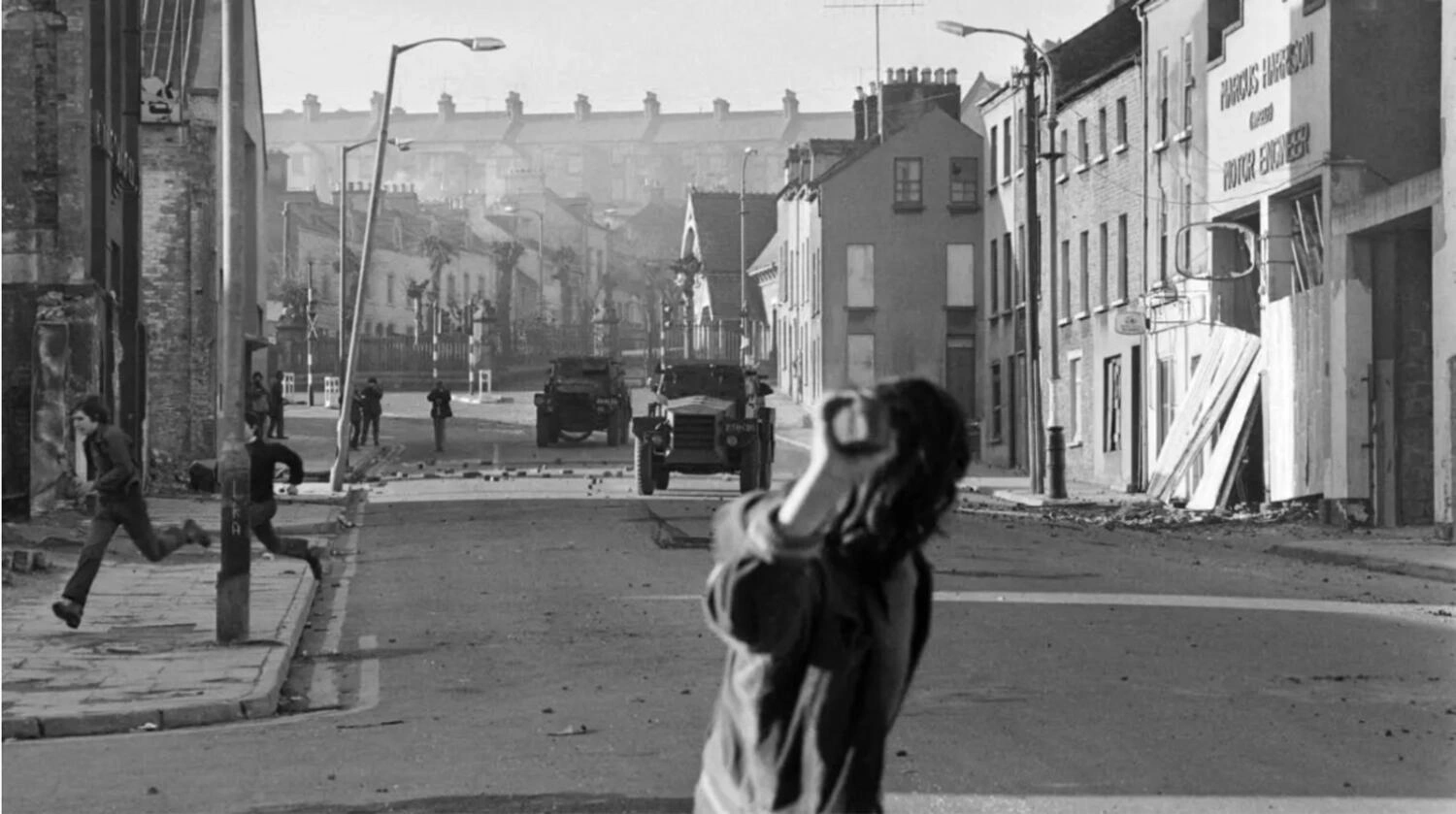A former British soldier, known as “Soldier F,” pleaded not guilty on Friday to charges of killing two men during the 1972 Bloody Sunday tragedy, one of the most significant events in Northern Ireland’s conflict.
“Soldier F” had applied to have the case against him dropped, but a judge at Belfast Crown Court dismissed his request.
He faces charges of murdering two civilians, James Wray and William McKinney, and attempting to kill five others during a civil rights protest in Londonderry (Derry) over 50 years ago.
Hidden behind a curtain for privacy, the former soldier said “not guilty” to all seven charges read to him in court. His trial is expected to begin in early 2025.
Outside the court, William McKinney’s brother, Mickey, expressed satisfaction with the decision to move forward with the case. “We are very pleased that Soldier F’s application was refused,” he said. However, he added: “We are disappointed that the judge granted his request for anonymity and screening.”
The Bloody Sunday killings became a rallying point for the Provisional IRA, the group fighting for a united Ireland, and marked one of the darkest days in the conflict known as “The Troubles,” which ended with peace agreements in 1998.
British soldiers had opened fire on unarmed protesters in Londonderry’s Catholic Bogside neighborhood on January 30, 1972, killing 13 people. Another victim later died from injuries.
A 12-year investigation, the largest in UK legal history, concluded in 2010 that the British troops had lost control and none of the victims posed a threat. Then-prime minister David Cameron formally apologized, calling the killings “unjustified and unjustifiable.”
The Northern Irish police began a new murder investigation into Bloody Sunday, submitting files to prosecutors in 2016. Soldier F was first charged in 2019, but the case was briefly dropped before being reopened in 2022.
This case remains a deeply divisive issue in Northern Ireland, where the legacy of The Troubles still influences the region’s politics and society.





